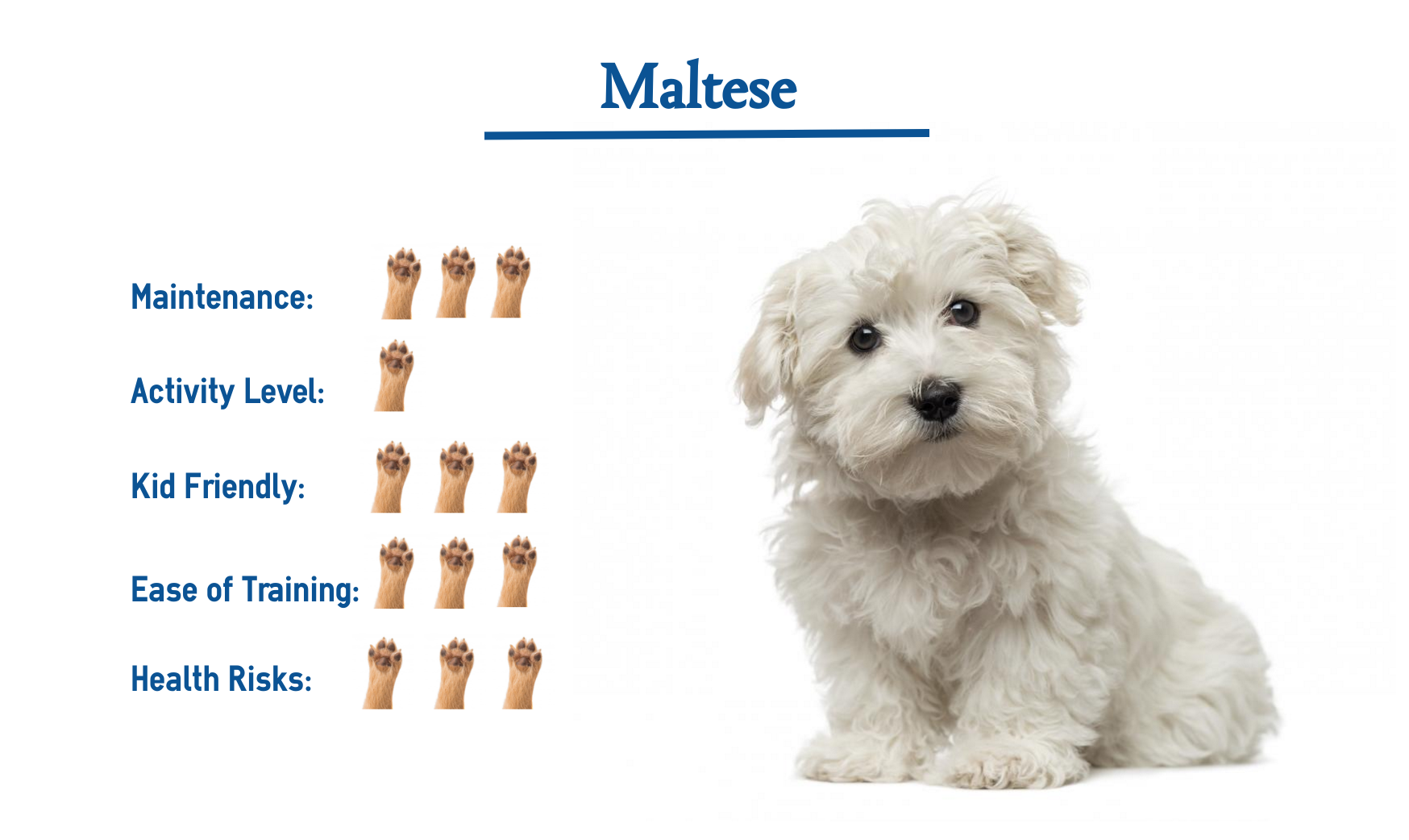Are you ready to embark on a linguistic challenge? When it comes to learning a new language, some may find themselves drawn to the allure of Maltese. But here’s the surprising fact: Maltese is the only Semitic language written in Latin script! With its unique fusion of Arabic, Italian, and English influences, mastering Maltese can be a fascinating but demanding adventure.
Aspiring Maltese learners are often faced with the task of navigating its complex grammar and vocabulary. The language has a rich history, stemming from the Arabic spoken by Muslim conquerors who settled in Malta during the Middle Ages. Over the years, influences from Italian, English, and other languages have intertwined with the original Arabic, creating a linguistic tapestry that can be challenging to unravel. However, don’t be discouraged! With dedication and immersion, the journey of learning Maltese can open doors to the vibrant culture and warm-hearted people of Malta.

How Hard is Maltese to Learn? Exploring the Challenges and Rewards
Maltese, a Semitic language spoken by the Maltese people, is known for its unique blend of influences from Arabic, Italian, English, and other languages. As a language learner, you may be wondering just how hard it is to learn Maltese. In this article, we will delve into the intricacies of the Maltese language, explore its challenges, and uncover the rewards that come with learning this fascinating linguistic gem.
The Complexity of Maltese Grammar
One of the first challenges of learning the Maltese language lies in its complex grammar. Maltese is characterized by a highly inflected system, with words undergoing various changes to denote grammatical tense, gender, number, and case. For example, nouns have different forms for singular and plural, and verbs have intricate conjugation patterns based on person, tense, and mood.
To navigate the complexities of Maltese grammar, it is crucial to dedicate time to understanding its rules and patterns. Resources such as grammar books, online courses, and language exchange partners can greatly assist in grasping the intricacies of the language. With practice and persistence, you can master the grammar and unlock the beauty of Maltese.
The Influence of Arabic Vocabulary
Another aspect that adds to the perceived difficulty of learning Maltese is its heavy Arabic influence. Approximately 50% of the Maltese vocabulary is derived from Arabic, which means that learners must familiarize themselves with a significant number of Arabic loanwords.
While the Arabic vocabulary can pose a challenge for those unfamiliar with the language, it also presents an opportunity for language enthusiasts. By learning Maltese, you can gain a deeper appreciation of Arabic and its influence on other languages in the Mediterranean region. Additionally, understanding Arabic loanwords in Maltese can facilitate the learning of other Semitic languages in the future.
Pronunciation and Phonetics
One of the fascinating aspects of the Maltese language is its phonetics. Maltese features unique sounds that may be unfamiliar to non-native speakers. The pronunciation of certain letters, such as “ħ” and “għ,” can be particularly challenging for learners.
To overcome these pronunciation hurdles, it is beneficial to listen to native Maltese speakers, practice speaking aloud, and take advantage of resources that provide audio recordings. By immersing yourself in the sounds of the language, you can improve your speaking skills and develop a more natural accent.
The Reward of Cultural Connection
While learning any language presents its challenges, the benefits of learning Maltese are undeniable. By acquiring proficiency in Maltese, you gain a deeper connection with the rich culture and heritage of the Maltese people. You can engage in meaningful conversations, access authentic literature, and develop relationships with locals.
Furthermore, learning Maltese opens up career opportunities in fields such as tourism, translation, and diplomacy. It sets you apart as someone who appreciates and respects the unique identity of the Maltese people.
The Role of Immersion and Practice
Like any language, immersion and practice are crucial elements in mastering Maltese. Surrounding yourself with the language, whether through conversing with native speakers, watching movies or TV shows in Maltese, or participating in language exchange programs, can significantly expedite your learning journey.
Additionally, practicing regularly, whether through writing exercises, reading Maltese literature, or using language learning apps, helps solidify your understanding and progress in the language. By making Maltese a part of your daily routine, you will witness your skills improve over time.
The Supportive Maltese Learning Community
Finally, one of the joys of learning Maltese is the supportive community of language learners and enthusiasts. Online forums, social media groups, and language exchange platforms provide opportunities to connect with fellow learners, share resources, and seek guidance from experienced speakers.
Embracing the camaraderie of the Maltese learning community can greatly enhance your language learning experience. Harness the collective knowledge and enthusiasm of others as you embark on your language journey and overcome challenges together.
Resources for Learning Maltese
For those interested in embarking on the journey of learning Maltese, there are several resources available to support your language learning endeavors. Here are three recommended resources:
1. Online Courses and Language Apps
Platforms such as Duolingo, Memrise, and Babbel offer interactive Maltese language courses that cater to various proficiency levels. These courses provide a structured learning experience and often incorporate gamification elements to make learning engaging and fun.
2. Language Exchange Partners
Connect with native Maltese speakers who are interested in language exchange. Through platforms like Tandem, HelloTalk, or conversation exchange websites, you can find language partners who are willing to practice Maltese with you, while you help them with English or another language in return.
3. Maltese Literature and Media
Immerse yourself in the Maltese language and culture by reading books, newspapers, and magazines written in Maltese. You can also watch Maltese movies, TV shows, and listen to podcasts to acclimate your ears to the language’s rhythms and tones. Some popular Maltese authors include Immanuel Mifsud and Clare Azzopardi.
The Beauty and Rewards of Learning Maltese
Learning any language requires dedication, time, and perseverance. Maltese, with its complex grammar, unique sounds, and Arabic influence, can present some challenges. However, the rewards of learning Maltese are immense.
By overcoming the linguistic hurdles, you gain access to a vibrant culture, expand your career opportunities, and connect with a community of fellow language enthusiasts. So, embrace the journey, immerse yourself in the language, and discover the beauty of Maltese.
How Hard is Maltese to Learn?
- Maltese is considered a difficult language to learn.
- It is a Semitic language with unique grammar and pronunciation.
- The complex verb conjugations and noun declensions can be challenging.
- However, with dedication and practice, it is possible to learn Maltese.
- Learning the language can provide a deeper understanding of Maltese culture and history.
Frequently Asked Questions
Are you curious about the difficulty level of learning Maltese? Look no further! Below, we have answered some frequently asked questions to help you understand just how hard it is to learn this unique language.
1. What are the main challenges of learning Maltese?
Learning Maltese can present a few challenges due to its unique characteristics. One of the primary difficulties is the complex grammar structure, which differs significantly from English. The verb system, word order, and use of pronouns can take some time to grasp. Additionally, the pronunciation can be challenging, as Maltese contains various sounds that are not common in other languages.
Another aspect that might pose a challenge is the limited resources available for learning Maltese compared to more widely spoken languages like Spanish or French. However, with dedication and the right learning materials, these challenges can be overcome!
2. Is Maltese harder to learn than other languages?
Whether Maltese is harder to learn than other languages depends on the individual and their language background. For speakers of Romance languages like Italian or Spanish, learning Maltese could be slightly easier due to some shared vocabulary and grammar features. However, for English speakers or those who primarily speak non-Semitic languages, the learning process might be more demanding.
That being said, every language presents its own set of challenges, and what may seem difficult at first can become easier with consistent practice, dedication, and a positive mindset.
3. How long does it take to learn Maltese?
The time it takes to learn Maltese varies depending on various factors such as prior language learning experience, amount of study time dedicated, and the individual’s language learning abilities. As a rough estimate, achieving a basic level of proficiency might take around 600-750 hours of study and practice.
However, keep in mind that language learning is a continuous journey, and becoming fluent in any language, including Maltese, takes time and ongoing practice. Consistency, immersion, and patience are key to achieving your language goals!
4. Are there any resources available to learn Maltese?
While resources for learning Maltese may be more limited compared to widely spoken languages, there are still various options available. Online language learning platforms offer courses specifically designed for Maltese learners, including interactive exercises, vocabulary lessons, and grammar explanations. Additionally, finding language exchange partners or joining language communities can provide valuable opportunities to practice speaking and listening skills.
Furthermore, investing in textbooks, dictionaries, and language learning apps can also be helpful in supplementing your learning journey. With a proactive approach and a bit of research, you can find the resources that work best for you!
5. Can I become fluent in Maltese?
Absolutely! With the right mindset, dedication, and consistent learning, it is possible to become fluent in Maltese. While the journey may have its challenges, fluency is attainable with continuous practice and exposure to the language. Immerse yourself in Maltese culture, practice speaking with native speakers, and engage in regular listening and reading activities.
Remember, language fluency is a process that takes time. Be patient, celebrate your progress along the way, and embrace the beautiful journey of learning a new language!

Summary
Learning Maltese can be challenging, but with dedication and practice, it is possible to succeed.
Although it has some difficult aspects like complex grammar and unfamiliar sounds, Maltese vocabulary is similar to other Romance languages, making it easier for some learners. With the right resources and support, anyone can improve their language skills and communicate effectively in Maltese.
